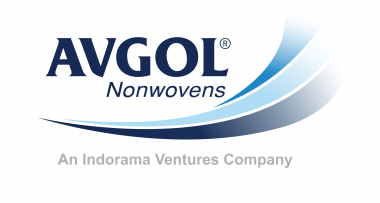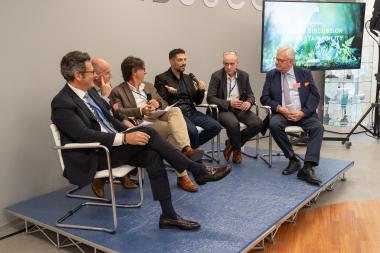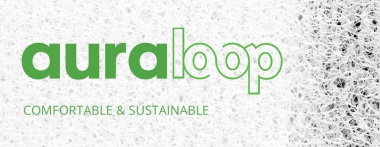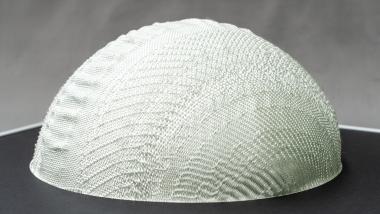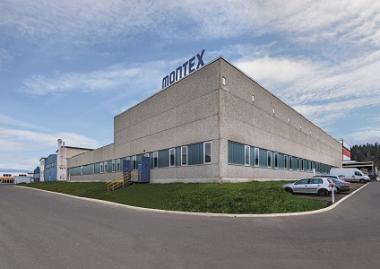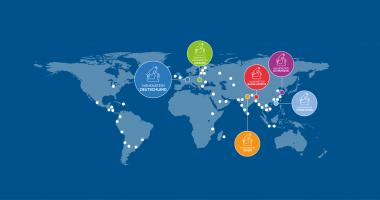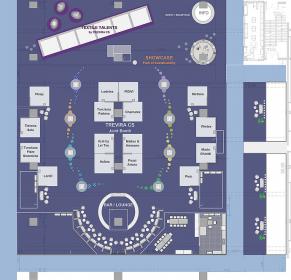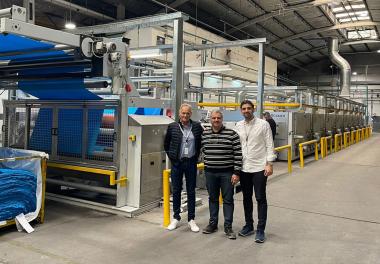Renewcell starts deliveries of Circulose® pulp from Renewcell 1
December 29, Renewcell dispatched the first shipment of Circulose® dissolving pulp produced at its Renewcell 1 plant in Sundsvall to a customer. This sale is the latest step in the ramp-up of Renewcell 1 to its initial capacity of 60,000 tonnes per year.
Founded by innovators from Stockholm’s KTH Royal Institute of Technology in 2012, Re:NewCell AB (publ) (‘Renewcell’) is a multi-award-winning sustaintech company based in Sweden. The company’s vision is to make fashion circular. Through its patented process, Renewcell is able to recycle cellulosic textile waste, such as worn-out cotton clothes and production scraps, transforming it into a pristine new material called Circulose®.
Renewcell









